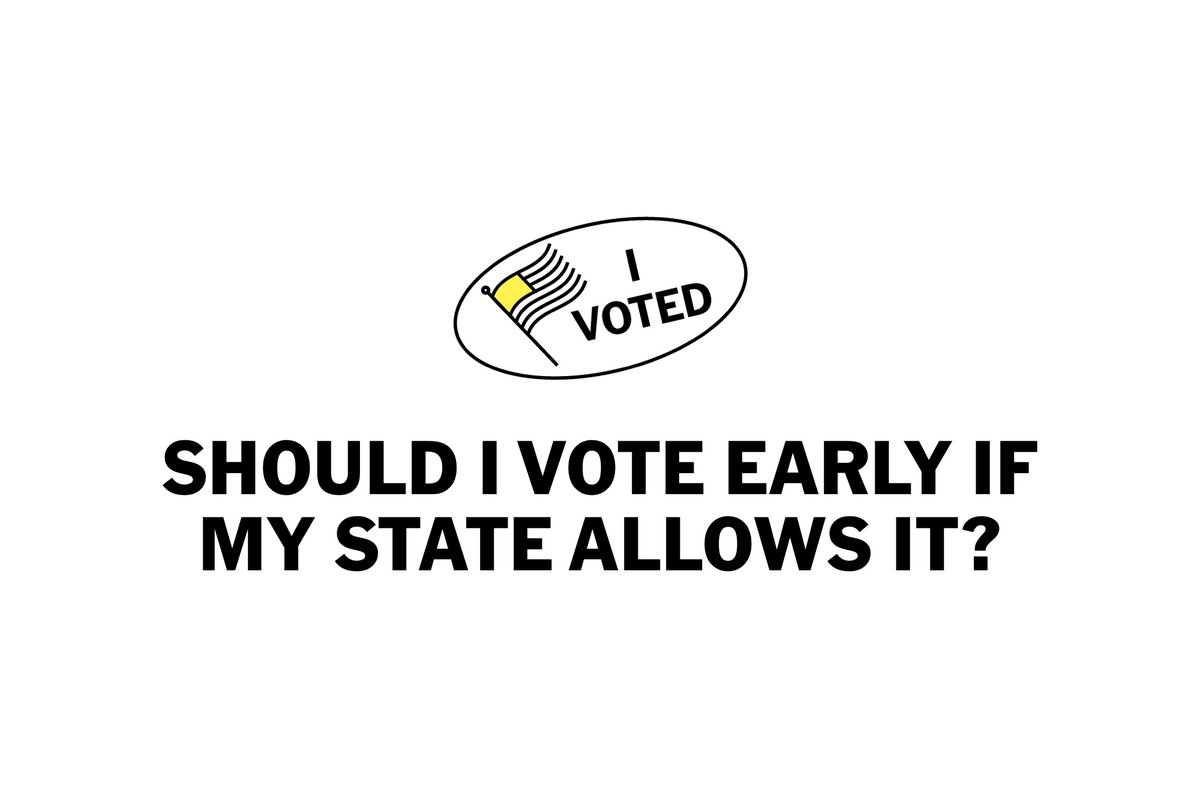
The coronavirus pandemic has upended all aspects of the 2020 election, from campaigning to voting to counting ballots. Here’s how the Covid Election will be decided — at a safe distance, from behind masks, without handshakes, hugs or high-fives. nyti.ms/2HHUMbS
Candidates all over the country are making their final pitch while navigating a coronavirus surge. They’re contemplating a new theory that political strategists haven’t considered: Might voters actually like politicians better if they keep their distance? nyti.ms/2HHUMbS 

“All we’re missing is the asteroid landing with flesh-eating zombies, and our year will be complete,” said Paul Lux, the supervisor of elections in Okaloosa County, Florida, and one of the nearly nine million Americans to contract the coronavirus. nyti.ms/2HHUMbS
Voters who had never considered mailing their ballots are doing that for the first time — and in record numbers. Some states have opened drive-through polling places. But the virus has interrupted other traditions of American political life. nyti.ms/2HHUMbS 

The coronavirus first spread in urban and suburban counties that tend to support Democrats. Now, the spread of the pandemic has shifted into small cities and rural counties that are more solidly Republican. nyti.ms/2HHUMbS 

A virus surge a week before Election Day is sweeping through vast stretches of Republican-dominated areas of the Great Plains and Mountain West. In battleground states, a growing share of cases is emerging in counties that had supported President Trump. nyti.ms/2HHUMbS 

2020 will forever be remembered as the Covid Election, when a pandemic turned upside down all parts of American democracy.
Read more about the candidates, voters and election officials trying to keep it going. nyti.ms/2HHUMbS
Read more about the candidates, voters and election officials trying to keep it going. nyti.ms/2HHUMbS
• • •
Missing some Tweet in this thread? You can try to
force a refresh











